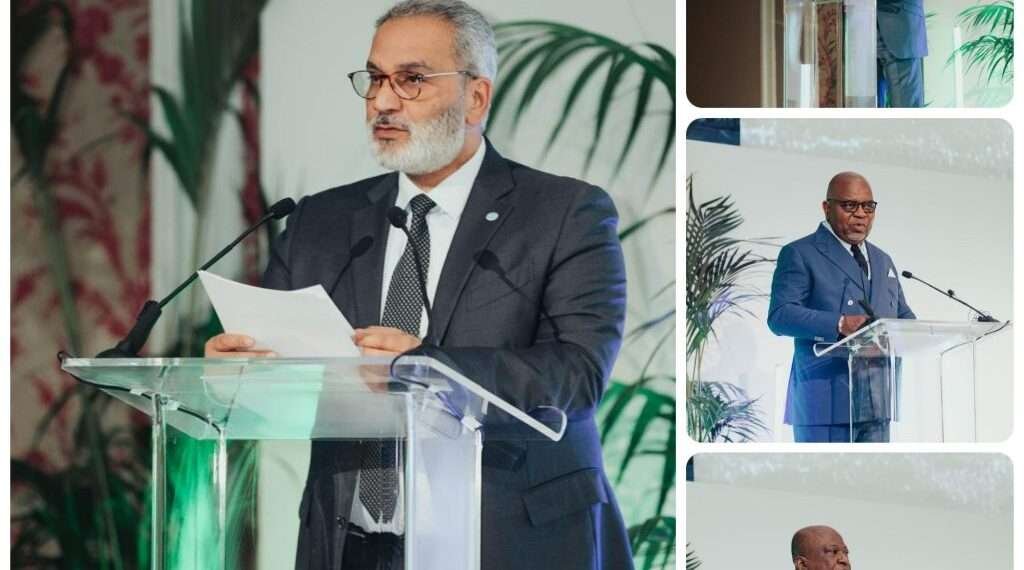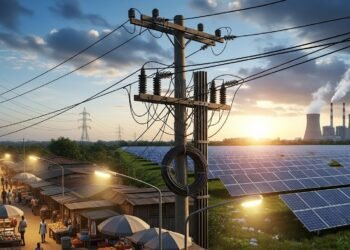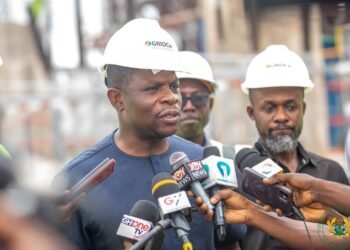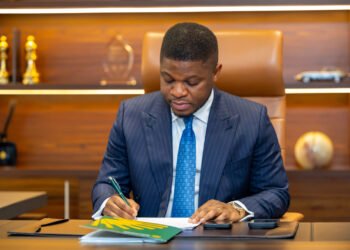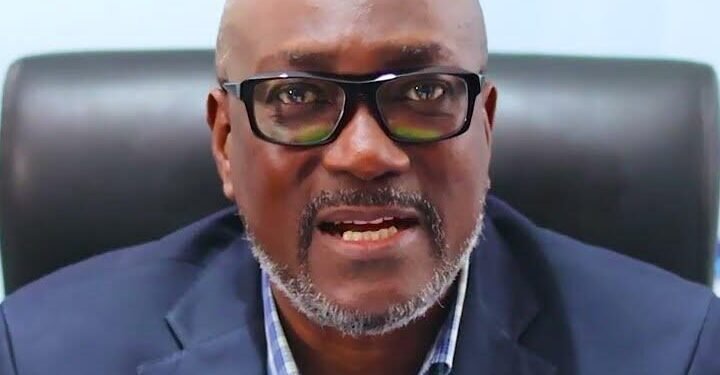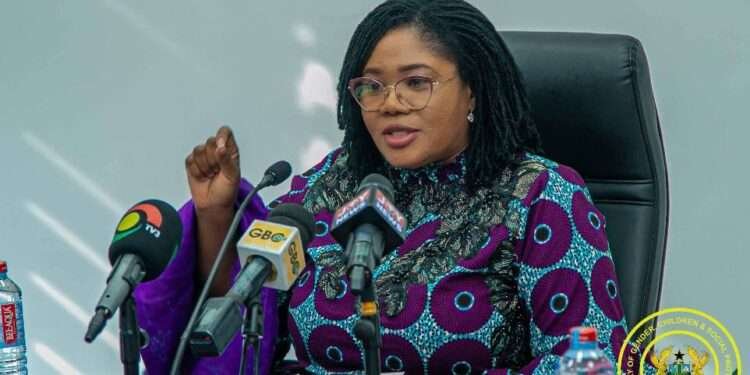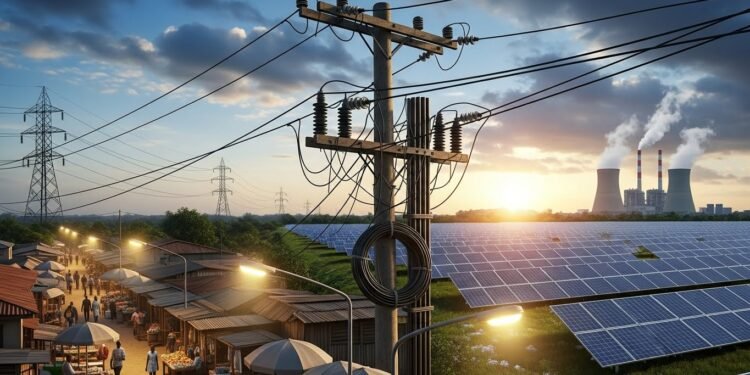The second annual Invest in African Energy (IAE) forum kicked off in Paris on Tuesday, marking a significant gathering of energy stakeholders from across the globe.
This year’s event saw a united front from OPEC and petroleum ministers from the Republic of Congo and Gabon, emphasizing a shared commitment to a just energy transition. The forum underscored Africa’s pivotal role in global energy development, highlighting the continent’s efforts to balance economic growth with environmental sustainability.
Africa stands at a crossroads in its energy evolution, aiming to enhance its energy infrastructure to support electrification and industrialization. Concurrently, the continent is navigating the complexities of transitioning to cleaner energy sources to mitigate climate change impacts.
This dual focus has led to increased cooperation between African oil and gas markets and international partners, alongside a surge in foreign investment and technological advancements aimed at achieving a sustainable energy mix.
“Our goal is clear: not only to optimize the use of existing resources but also to develop local infrastructures and skills that will create a solid and sustainable value chain. We are actively seeking to collaborate with international partners who share our vision of natural resource exploitation that is both fair and sustainable.”
Bruno Jean-Richard Itoua, Republic of Congo’s Minister of Hydrocarbons
The Republic of Congo’s Minister of Hydrocarbons, Bruno Jean-Richard Itoua, outlined the country’s strategic moves to attract future investments. These include the imminent submission of a new gas code to the Council of Ministers and the advancement of large-scale integrated gas projects.
Notably, Eni’s Marine XII permit development targets the production of 3 million tons of LNG by 2025, and Wing Wah’s Banga Kayo project aims to produce 30 billion cubic meters of associated gas. Itoua emphasized the government’s goal to maximize resource utilization, develop local infrastructure and skills, and foster sustainable value chains through partnerships with international entities.
Gabon’s Minister of Petroleum and OPEC 2024 President, Marcel Abéké, also discussed the country’s strategies to expand its low-carbon energy portfolio and optimize associated gas resources. Gabon has initiated the Global Gas Flaring Reduction initiative to curb greenhouse gas emissions and is developing an incentive tax framework for gas projects.
Additionally, the country has certified its gas reserves and launched a national gas master plan, signaling a shift towards renewable energy sources.
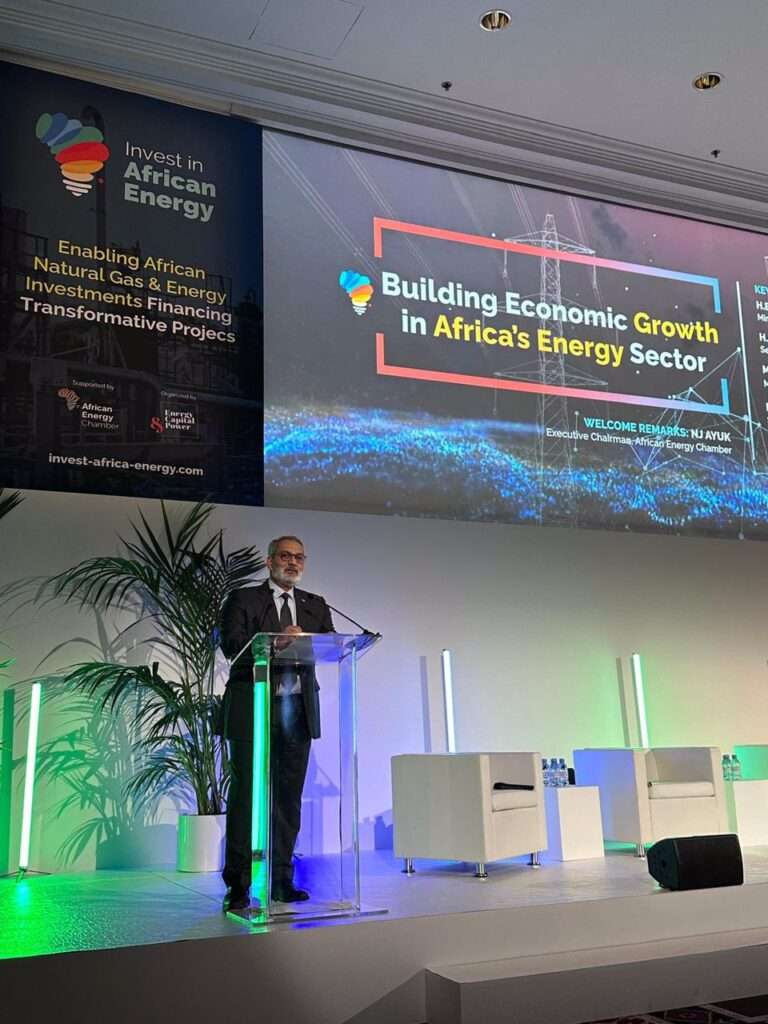
OPEC Secretary General Haitham Al-Ghais reaffirmed OPEC’s dedication to supporting Africa’s oil industry and promoting dialogue with international partners. Al-Ghais highlighted the projected doubling of Africa’s oil demand to 8.2 million barrels per day by 2045, driven by growth in residential, commercial, and agricultural sectors. He also noted the expansion of refining capacity by 3.2 million barrels per day, underscoring the continent’s significant role in meeting future global energy needs.
NJ Ayuk, Executive Chairman of the African Energy Chamber, stressed the importance of investing in Africa’s energy sector to ensure a just energy transition. Ayuk called for genuine partnerships and the continued pursuit of clean energy solutions. Jude Brice Ondonda, Upstream Petroleum Director of Société Nationale des Pétroles du Congo (SNPC), echoed the need for a sustainable energy transformation in the Congo, emphasizing the potential for investment in clean energy technologies.
The IAE forum in Paris serves as a pivotal platform for African nations to showcase their energy initiatives, attract investment, and collaborate with international partners towards a sustainable and equitable energy future.
READ ALSO: 2024 Election: Campaign Teams’ Mistakes May Make or Break Parties’ Chances

